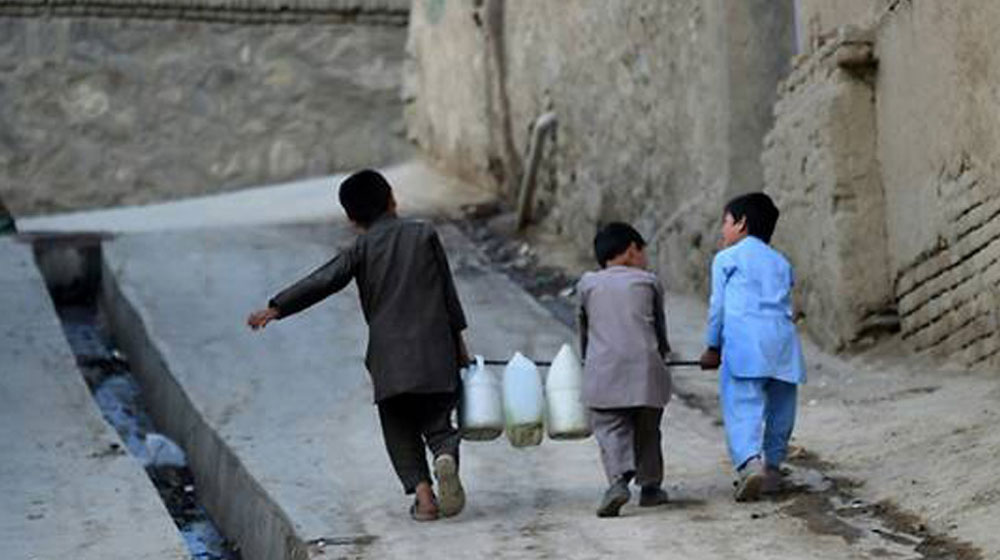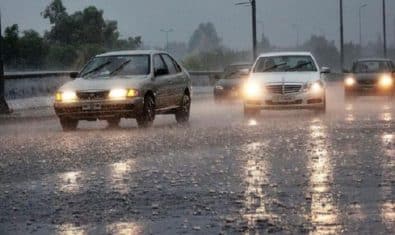Pakistan Council of Research in Water Resources (PCRWR) has declared the drinking water of 29 major cities unsafe for human consumption.
According to a PCRWR study, the underground water in these cities has high turbidity, hardness, chloride, nitrate, fluoride, arsenic, TDS, bacteria, and other harmful chemicals.
ALSO READ
Here’s Why Car Prices in Pakistan Will Go Up in Coming Months
Highly Contaminated in Most Cities
Mirpurkhas, Shaheed Benazirabad (Nawabshah), and Gilgit are three cities where the underground water has been found to be 100% contaminated.
More than 50% of the water in 20 cities has been found unsafe for drinking. These cities are Multan (94%), Karachi (93%), Badin (92%), Sargodha (83%), Hyderabad (80%), Bahawalpur (76%), Muzaffarabad (70%), Sukkur (67%), Faisalabad (59%), Peshawar (58%), Tando Allah Yar (57%), Sheikhupura (55%), Abbottabad (55%), Khuzdar (55%), Loralai (54%), Quetta (53%), and Gujranwala (50%).
Lower Contamination
45% of drinking water in Mardan is unsafe, 38% in Rawalpindi, 38% in Islamabad, 31% in Lahore, 20% in Mingora, and 10% of drinking water is contaminated in Kasur.
ALSO READ
Pakistan Receives $2.75 Billion From IMF
On the other hand, underground water in Sialkot and Gujrat has been declared 100% safe for consumption.
The PCRWR study has warned that long-term exposure to high levels of inorganic arsenic initially causes changes in the skin, including pigmentation changes, skin lesions, and hard patches on the palms and soles of the feet, which ultimately leads to skin cancer.


























